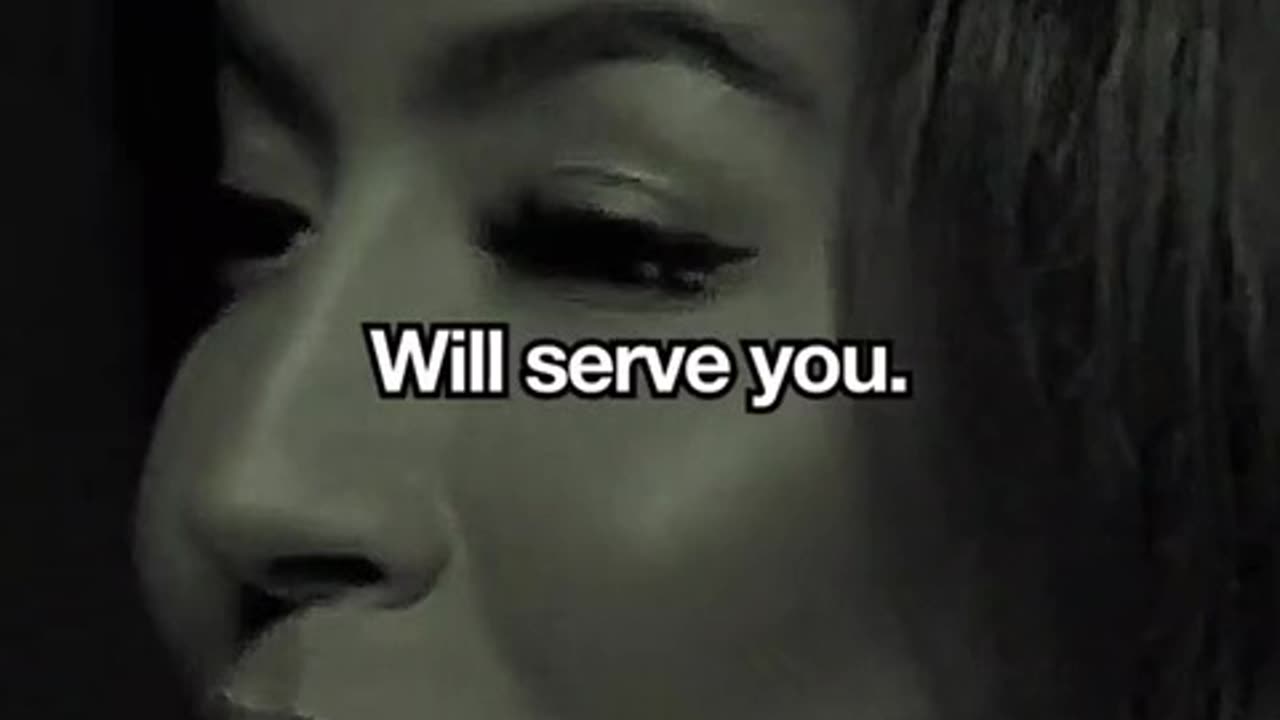Premium Only Content

The True Nature of Power: Understanding the Flexibility and Rigidity of Rules in Society
At the core of society lies an unspoken truth about the nature of power, wealth, and governance. Rules, ideally designed to promote fairness and justice, can often take on different meanings depending on where one stands in relation to wealth and authority. To understand this dynamic, let’s explore the nuanced ways that money and power shape the flexibility of rules and how this affects individuals across different societal strata.
1. Money’s Influence: The Flexibility of Rules
When we say, “If you have money, rules can be flexible,” we’re recognizing the silent yet pervasive reality that financial resources often bring leniency within legal and social structures. Wealth can afford access to influential networks, highly skilled lawyers, and even favorable laws—tools that, in the hands of the affluent, bend rules to their advantage.
This isn’t simply about evading responsibility but about reshaping circumstances. The wealthy often exist within a realm where they can settle legal matters outside of court, influence policymakers through donations, or avoid certain restrictions altogether through financial loopholes. In this way, money doesn’t just provide luxury; it offers a kind of freedom from limitations imposed on the general public.
Consider, for instance, corporate lobbying, where massive funds influence legislative decisions, sometimes to the detriment of public interest. Financial power thus becomes not merely a tool for personal gain but a force capable of shaping rules themselves.
2. The Authority of Power: Rules That Serve the Powerful
Power, particularly institutional or political power, further amplifies this dynamic. Unlike wealth, which primarily bends rules through indirect influence, power often shapes the very rules by which society operates. When we say, “If you have power, rules will serve you,” we’re talking about a hierarchy where authority becomes the lens through which laws and standards are interpreted and applied.
A person or institution with power doesn’t merely navigate rules—they can rewrite them. History reveals countless examples where those in authority have shifted laws to serve their interests, protect their positions, and extend their influence. This influence can be found in everything from dictating social norms to altering economic policies.
Power structures create a form of control where societal rules not only protect the powerful but often reinforce their dominance. For example, large corporations with political connections can sometimes avoid environmental regulations that would otherwise constrain smaller enterprises. This is power in action—where laws are crafted or implemented in ways that align with the interests of those who hold influence, often creating a self-sustaining cycle of dominance.
3. For Those Without Money or Power: The Weight of Rules
Finally, consider the position of those who lack both wealth and authority. In such circumstances, rules can feel like walls, insurmountable obstacles that shape every aspect of life. Rules here serve not as flexible guidelines or tools of empowerment but as rigid boundaries, reminders of the power imbalance that defines one’s status in society.
Without money or power, people face the law and social systems without the resources to navigate or bend them. This experience often leads to a sense of disenfranchisement, where the structures meant to protect are perceived as oppressive. The consequences can be profound: limited access to legal recourse, education, healthcare, and even basic human rights.
For those on the margins, rules often reinforce existing inequalities, making it difficult to rise above systemic barriers. It’s here that we see how rules, in the absence of wealth or power, shift from flexible principles to strict reminders of one’s place within a broader social structure.
4. The Universal Lesson: Power, Wealth, and Responsibility
This triad—wealth, power, and the lack of either—reveals a profound truth about society: rules, while often seen as objective, are deeply subjective in practice. Money and power can act as filters, distorting the original intentions of laws and principles meant to serve all equally.
However, with great wealth and power also comes the opportunity to shift this dynamic for the better. History is also rich with examples of those who used their influence to advocate for justice, equality, and compassion. True wisdom lies in understanding that money and power need not serve only personal or institutional interests. When wielded with integrity, they can become tools for uplifting others, for creating systems that serve not just the elite but society as a whole.
5. Awakening to Equality: The Path Forward
In understanding the inherent flexibility of rules based on wealth and power, we are challenged to ask ourselves how we can work toward a world where rules are universally fair and accessible. The shift begins with awareness—recognizing the disparities and biases within societal structures. From there, it involves fostering accountability, transparency, and compassion within systems that tend to favor the few.
The ultimate truth is this: money and power are not inherently corrupting forces, but the values of those who hold them determine whether they become tools of division or instruments of unity. True enlightenment lies not in amassing wealth or authority but in understanding the responsibility that accompanies them—and choosing to use that influence for the greater good.
In a world where rules are not just reminders of power but reflections of equality and compassion, we all stand to gain.
-
 8:46
8:46
FragmentsOfTruth
6 days agoKary Mullis and the Unsettling Intersection of Science, Power, and Public Perception
3852 -
 17:10
17:10
Clownfish TV
12 hours agoTwitch Political Warning Label Drama Could END Twitch?
56210 -
 8:20
8:20
CarlCrusher
18 hours agoUFO Alien Base Hiding under Secret Mountain Sedona Arizona says Danny Sheehan - Bradshaw Ranch
3511 -
 50:49
50:49
PMG
17 hours ago"They're Vaccinating Our Food Supply with DNA - Tom Renz"
2.08K1 -
 56:54
56:54
Uncommon Sense In Current Times
10 hours ago"Reclaiming Our Voice: A Christian Perspective on Politics and Parenting With John DeBerry"
48 -
 59:27
59:27
Trumpet Daily
22 hours ago $4.75 earnedDesperate Dems: Trump Supporters Are Dumb, Deplorable Garbage Trumpet Daily | Nov. 1, 2024
2.66K17 -
 5:51
5:51
Memology 101
9 hours ago $0.16 earnedCNBC anchor OBLITERATES NJ Governor as he FAILS to elaborate a single policy he likes from Kamala
52515 -
 3:09:56
3:09:56
The Jimmy Dore Show
18 hours agoRumble Time Live Panel Show w/ Jimmy Dore & Special Guest Tucker Carlson!
107K8 -
 3:39:01
3:39:01
Fresh and Fit
15 hours agoCatching Predators In Los Angeles with Vitaly & Noah Atwood
153K45 -
 14:08:57
14:08:57
Right Side Broadcasting Network
2 days agoLIVE REPLAY: President Trump Holds a Rally in Milwaukee, WI - 11/1/24
342K2